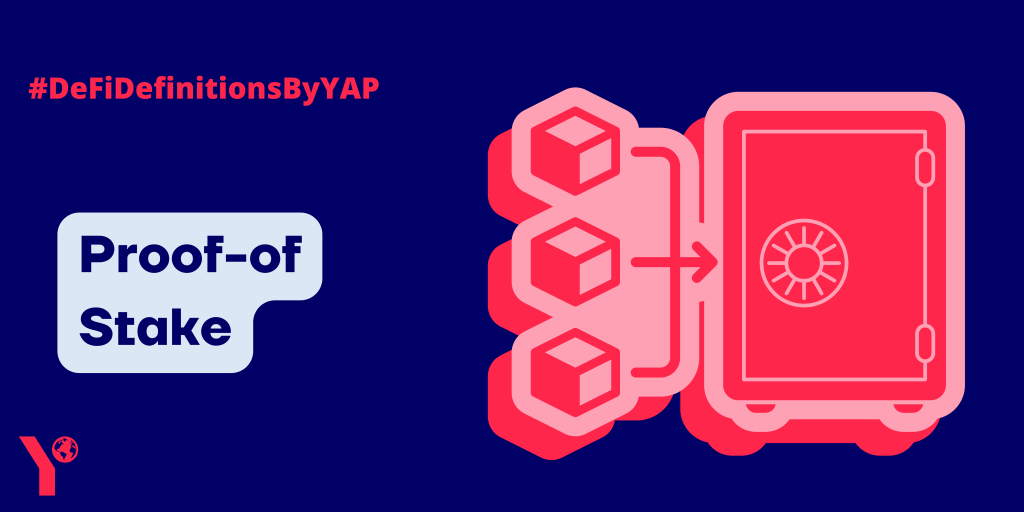Proof of stake (PoS) is a consensus algorithm used to validate transactions and create new blocks on the blockchain. In PoS, validators are randomly chosen to validate transactions and create new blocks based on the amount of cryptocurrency they have staked.
Validators are incentivized to act honestly, as they risk losing their staked cryptocurrency if they act maliciously or fail to validate transactions correctly. This mechanism is designed to encourage validators to act in the best interest of the network.
To further ensure the security of the network, PoS introduces a mechanism known as finality. Finality refers to the point in time when a block on the chain becomes immutable and cannot be altered or reversed. In PoS, finality is achieved by requiring validators to stake their cryptocurrency as collateral and imposing penalties if they attempt to validate conflicting transactions or create multiple blocks at the same height.
A key benefit of PoS is that it is more energy-efficient than PoW, as it does not require as much computing power to validate transactions and create new blocks. This makes it a more sustainable alternative to PoW, which has been criticized for its high energy consumption and environmental impact.
